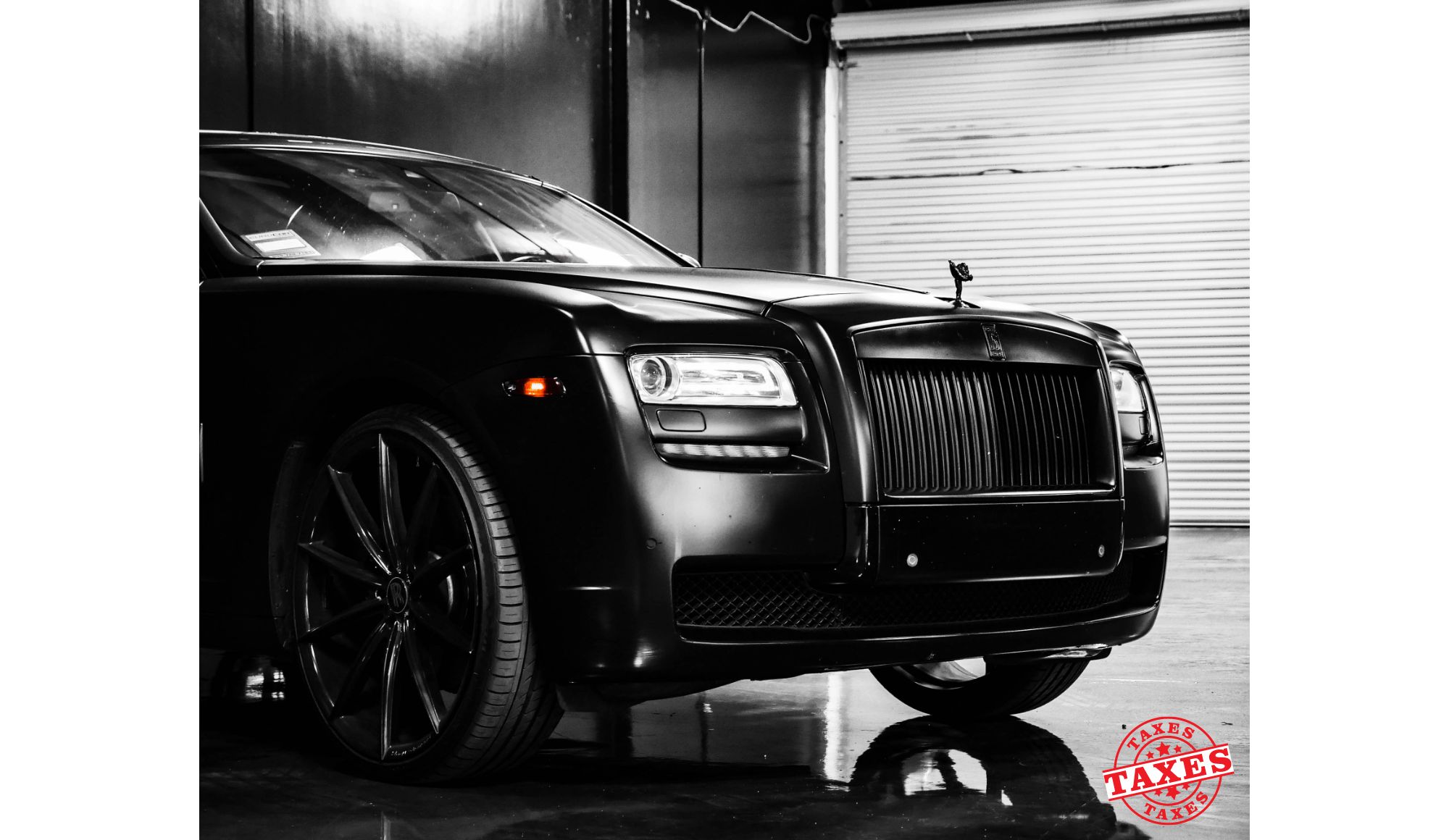1 Reason Buffett Sold Apple That Nobody Saw Coming
An old dog can’t learn new tricks, or so the saying goes. But maybe an old sage can teach new tricks to those who think he’s taught them all.
That may well be the case with Warren Buffett now. For close followers, the adages made famous are internalized to the point that they can spout them out as if they came up with them by themselves.
Whether that’s be fearful when others are greedy and greedy when others are fearful, or you’ll know who’s swimming naked when the tide goes out, the number of Buffett-isms is as long as the Oracle of Omaha is wise.
That’s why when Buffett teaches his followers a new lesson, it’s time to stand back and remember, the old sage still has a few tricks up his sleeve that haven’t been imparted yet. One such was evident when he sold Apple recently.
Key Points
- Warren Buffett continues to teach new lessons, like his recent unexpected decision to sell Apple shares.
- Buffett sold Apple to avoid a future capital gains tax increase from 21% to 35%, safeguarding billions for Berkshire.
- Despite Apple’s stock rise, Buffett chose a guaranteed return over uncertain future gains, aligning with his risk-averse philosophy.
Why Did Buffett Sell Apple?
When Buffett started to offload some of his Apple holdings, it made sense at first glance. He had made a fortune on the shares originally purchased about 8 years ago and was likely capturing gains, or so the general commentary went.
Others surmised that Buffett may be raising capital to spend on a new monstrous purchase. Still many observers thought maybe Warren had calculated that the share price sat too far above its intrinsic value.
Yet the reason Buffett cited was none of these. He pointed to an entirely different set of calculations, and they were based on what will likely happen to capital gains in 2026. That’s when the current 21% federal rate is set to pop all the way to 35%.
Buffett made a determination that, if all else were equal, selling when he did versus selling sometime after the tax rate reversion, he would lose out on 14% of his gains. Or in other words, billions of dollars would end up in Uncle Sam’s coffers versus Berkshire’s.
That’s quite a hoard and the only way it made sense was if Apple didn’t rise in price to offset that 14% hit.
As it turns out Apple kept on chugging higher after Buffett offloaded his position and so Buffett may in fact have mis-timed his sale. Nonetheless, he has always claimed that timing the market is a fool’s errand, and so while the market may be up short-term, the weighing machine, which it is, will attract the price to fair value in the end.
Did Buffett Screw Up?
While it’s easy to look at Buffett’s sale and muse that, had he held just a little longer, he would have made even more, the reality is hindsight is always going to produce a sense of dismay and loss because it’s all so obvious.
The takeaway is clear. It’s better to bank cash now and know that it’s in your account for a rainy day versus to hold on for a brighter day ahead and hope that things look as rosy.
For Buffett, he wasn’t willing to trade the uncertainty of potential future gains for the guarantee of an existing cash pile in Berkshire’s coffers. And looking back in a few years, it will be surprising if he’s not proven right, yet again.



